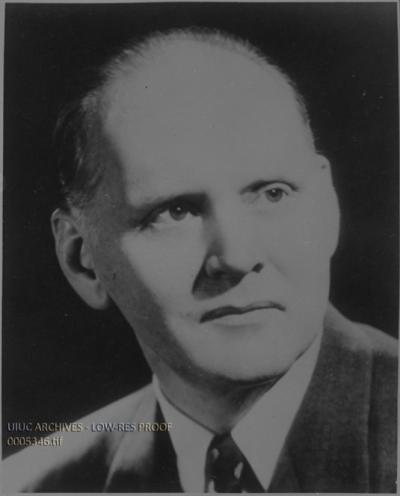 |
| Robert B. Downs |
In 1970, librarian and scholar
Robert B. Downs created this list of twenty-five books in order to, as Downs put it, "identify those writings which have exerted the greatest impact on our national history, direct or indirect."
Published by Macmillan as
Books That Changed America, the list of twenty-five was Downs' response to those he called "denigrators of books, such as Marshall McLuhan, [who] would have us believe that books are obsolescent, being rapidly superseded by the newer media."
This is a reminder that the books versus new media battle was raging before the development of the internet or the personal computer. Also, Downs' list of twenty-five includes two books -- Rachel Carson's
Silent Spring (1962) and J.K. Galbraith's
The Affluent Society (1958) -- that were published within just twelve years of the time he was writing. In his introduction Downs mentions two other even more recent books -- Ralph Nader's
Unsafe at Any Speed (1965) and Jessica Mitford's
The American Way of Death (1963) -- came close to being included in his list.
Today, in 2012, it's hard to think of any book of major importance published recently.
Robert B. Downs' List of 25 Books That Changed America
1.
Common Sense by Thomas Paine (1776)
2.
History of the Expedition by Lewis and Clark (1814)
3.
The Book of Mormon by Joseph Smith (1830)
4.
Experiments and Observations on the Gastric Juice and the Physiology of Digestion by William Beaumont (1833)
5.
Democracy in America by Alexis de Tocqueville (1835)
6.
Annual Reports (of the Massachusetts State Board of Education) by Horace Mann (1837-1848)
7.
The Contagiousness of Puerperal Fever by Oliver Wendell Holmes, Sr. (1843)
8.
Resistance to Civil Government by Henry David Thoreau (1849)
9.
Uncle Tom's Cabin by Harriet Beecher Stowe (1852)
10.
Looking Backward by Edward Bellamy (1888)
11.
The Influence of Sea Power upon History by Alfred T. Mahan (1890)
12.
The Significance of the Frontier in American History by Frederick Jackson Turner (1893)
13.
The Shame of the Cities by Lincoln Steffens (1904)
14.
The Jungle by Upton Sinclair (1906)
15.
Medical Education in the United States and Canada by Abraham Flexner (1910)
16.
Twenty Years at Hull-House by Jane Addams (1910)
17.
The Principles of Scientific Management by Frederick Winslow Taylor (1911)
18.
An Economic Interpretation of the Constitution of the United States by Charles A. Beard (1913)
19.
Prejudices by H.L. Mencken (6 volumes, 1919-1927)
20.
The Nature of the Judicial Process by Benjamin N. Cardozo (1921)
21.
Middletown by Robert S. and Helen Merrell Lynd (1929)
22.
The Mind of the South by W.J. Cash (1941)
23.
An American Dilemma by Gunnar Myrdal (1944)
24.
The Affluent Society by John Kenneth Galbraith (1958)
25.
Silent Spring by Rachel Carson (1962)






